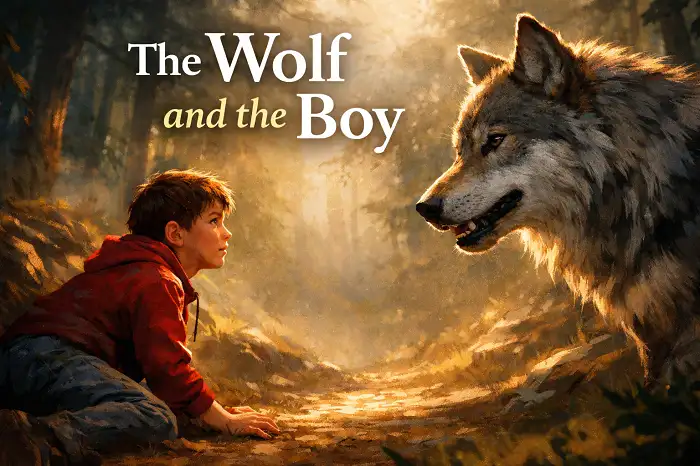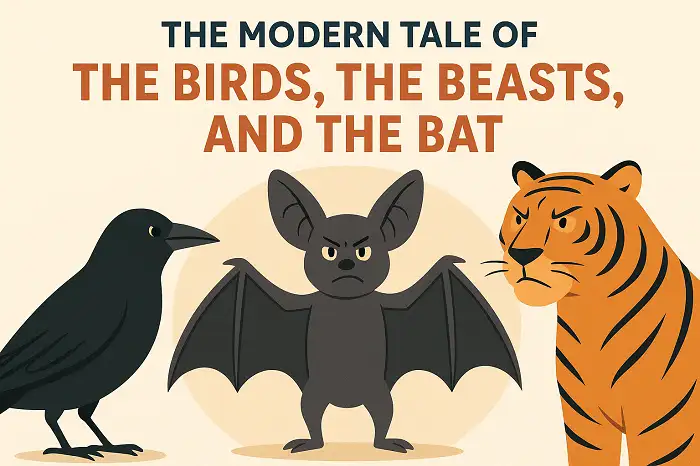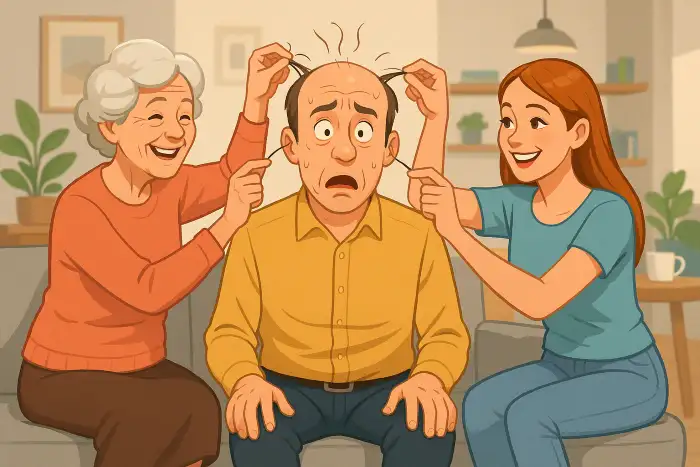The Mice and the Weasels with new words, a video and discussion questions for ESL students to learn English vocabulary in real context and enjoy English literature The Mice and the Weasels is now in the public domain available on Gutenberg Project. Video of the Mice and the Weasels https://www.youtube.com/watch?v=v1iQJlH9Eaw The Mice and the Weasels There was war between the mice and the weasels, in which the mice always got the worst of it, numbers of them being killed and eaten by the weasels. So they called a council of war, in which an old mouse got up and said, ...
Home » English Short Stories » The Mice and the Weasels By Aesop + New Words & Video

The Mice and the Weasels By Aesop + New Words & Video
Updated: by Dr. Mohammad Hossein Hariri Asl
Time to Read: 6 minutes | 291 Views | 4 Comments on The Mice and the Weasels By Aesop + New Words & Video
Share This Post
About the Author
Dr. Mohammad Hossein Hariri Asl is an English and Persian instructor, educator, researcher, inventor, published author, blogger, SEO expert, website developer, entrepreneur, and the creator of LELB Society. He's got a PhD in TEFL (Teaching English as a Foreign Language).
Number of Posts: 4242



These story message us that we never should have an competition and compare us with a higher level without any clever strategy.
This story teaches us that we should never compete or compare ourselves with others at a higher level without a clever strategy.
Changes made:
1. Changed “These story” to “This story” for grammatical correctness.
2. Replaced “message us” with “teaches us” for better phrasing.
3. Reworded “we never should have an competition” to “we should never compete” for clarity and proper grammar.
4. Rephrased “and compare us” to “or compare ourselves” for grammatical correctness.
5. Adjusted the sentence structure for better flow and readability.
They called a council of war to plan their battles and choose the biggest mice to be their leaders.The criticism of the mice’s approach to solving their problem lies in their lack of effective leadership and strategic thinking. The mice do not adapt their strategies based on the strengths and weaknesses of their opponents. Instead of devising clever traps , they engage in direct confrontation without considering alternative methods of defense.While the mice demonstrate unity and a desire to protect themselves, their efforts are often disorganized.The mice’s actions are often focused on immediate concerns rather than long-term solutions. They react to threats as they arise rather than anticipating potential dangers and preparing for them in advance.The fable critiques the mice’s approach by demonstrating that unity and good intentions are not sufficient without effective planning, leadership, and adaptability in the face of challenges. It serves as a reminder that thoughtful strategy is essential when confronting formidable adversaries. The lesson from the mice’s experience is that practical, well-thought-out solutions are essential for effectively addressing challenges. Superficial measures may provide temporary relief but often fail to resolve underlying issues. Thoughtful planning, critical thinking, and effective collaboration are key components of successful problem-solving.
Your analysis of Aesop’s fable, “The Mice and the Weasels,” highlights the crucial lesson about the importance of effective leadership and strategic thinking. While the mice show unity and a desire to protect themselves, their lack of foresight and organized planning ultimately leads to their downfall. The fable serves as a poignant reminder that good intentions and immediate responses are not enough; long-term solutions and adaptability are essential when facing formidable challenges. By critiquing the mice’s approach, the story emphasizes the need for thoughtful planning, critical thinking, and collaboration in successful problem-solving, underscoring that superficial measures often fail to address underlying issues.